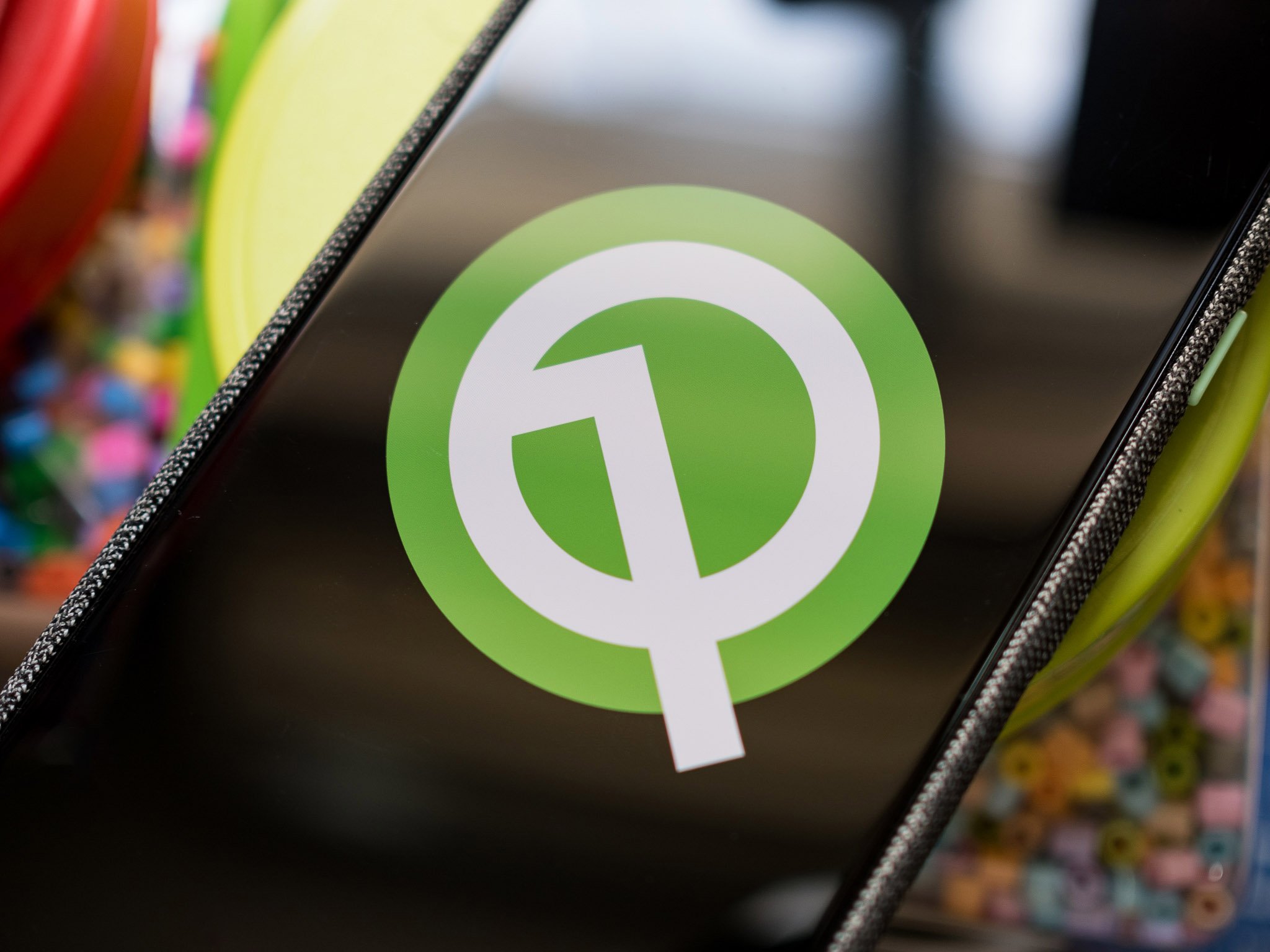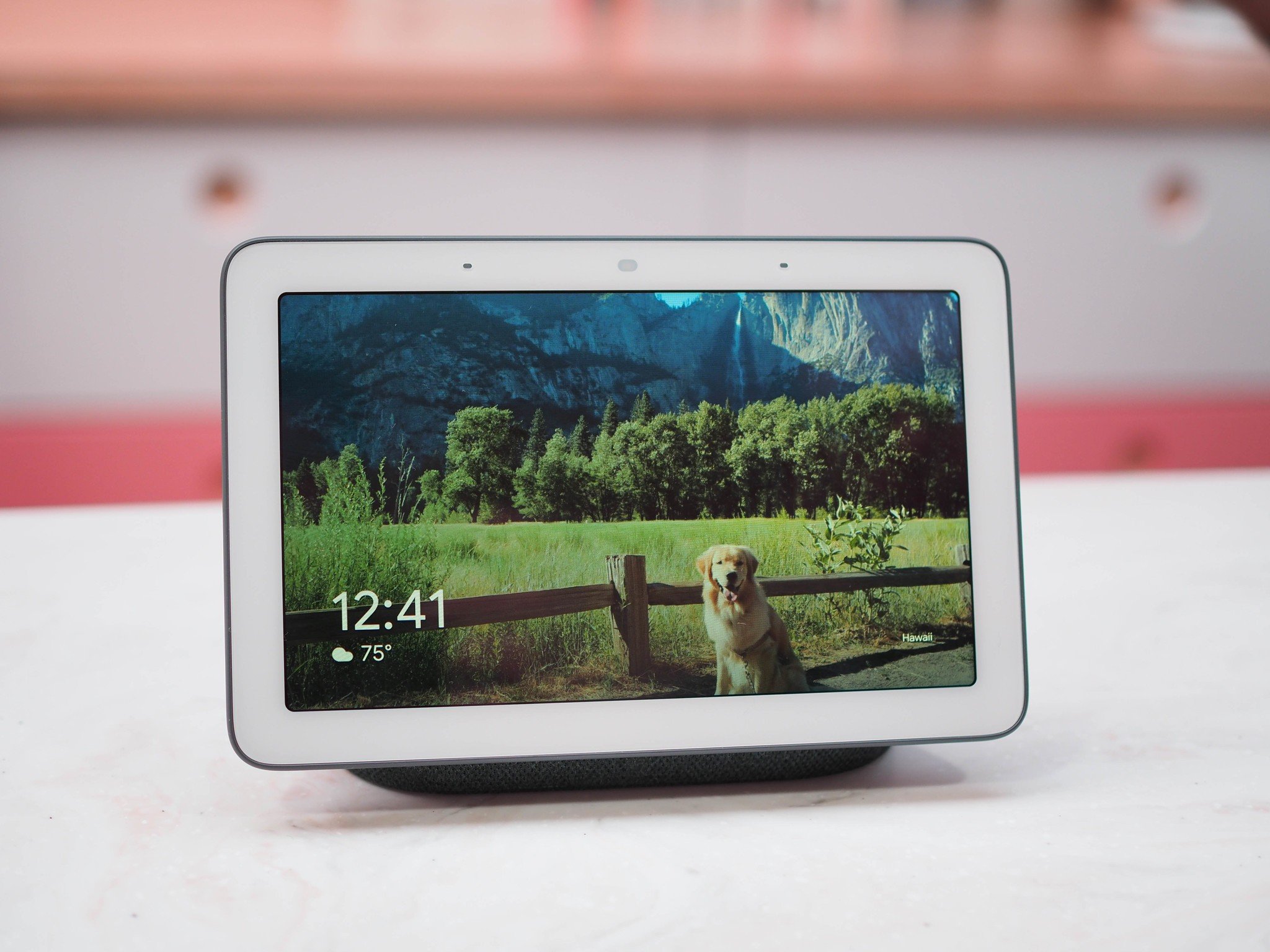There will be plenty to see this year and even more that will come to fruition later.
For a few days each May, Google opens up and gives us all a glimpse into what it's working on in every aspect of the company at Google I/O. 2019's edition runs May 7-9, and this year is shaping up to be another big show. I/O always walks an interesting balance between being ostensibly focused on giving developers time to work and learn how to make their products and services interface with Google's, and Google itself making big consumer-ready announcements about new or improved products and services of its own.
I/O '19 is expected to be no different, with a schedule that shows us the potential for big product announcements on the docket backed up by a couple of days worth of developer sessions to help those smart folks make the most of everything Google has made.
Here's everything big and important we're expecting to see at Google I/O 2019.
Pixel 3a and Pixel 3a XL
Google I/O isn't typically big on hardware announcements, but I/O '19 is expected to have a relatively important one: the Pixel 3a and 3a XL will finally be announced. The new cheaper Pixel 3 variants are expected to hover in the $500-600 price range, making small cutbacks in the hardware and specs but retaining the exact same camera as the higher-end Pixel 3, which could be a huge deal for this price segment.
It's still rather odd to see Google launching these new cheaper Pixel models six months after the originals, but we finally get to see them for ourselves and hear Google's rationale and positioning of the 3a and 3a XL. Chances are the focus will be more on international markets where the Pixel 3 and 3 XL are particularly expensive, but at least one U.S. carrier partner is expected to be on board.
Google Pixel 3a: News, Rumors, Release Date, Specs, and More!
Actual Android Q features and design
We've had early looks at Android Q with the initial beta releases, but Google really holds back from giving us a more complete look at the new operating system until I/O (and further withholds some features for the end-of-year Pixel launch). The early betas are focused on the underpinnings and API updates to give developers early access to the parts they need to start making apps that will be compatible with Q, whereas the first beta release at I/O will start to reveal more of the interface and features that are actually user-facing.
The Q betas have been cool, but they don't scratch the surface of user-facing features we'll eventually see.
At least year's I/O we got our first look at Android 9 Pie's gesture navigation, Pixel interface changes, and a handful of previously unseen features. So we can expect to see a lot of what Android Q will actually offer when it eventually comes to phones because what we have seen thus far is little more than framework changes with a slightly modified Pie interface.
There's also a good chance that Google will announce that it is expanding the Android Q beta program to non-Pixel devices, as it did last year with Pie. Nokia, OnePlus, Xiaomi and Sony were among the companies that had at least one device supported to run the latest software ahead of release, and we hope to see that list at least stay the same, if not grow, for Android Q.
One thing we don't expect to see is Android Q's official name — that'll wait for a later date.
Android Q: Everything you need to know!
The future of Android and apps on foldables
Beyond updates to Android Q itself, Google is going to continue its conversation about developing for foldable devices. This is something that wasn't really on the radar for I/O 2018, and Google has already launched some developer documentation for foldables, so now's the perfect time to talk directly to developers about how to make sure their apps work on folding devices.
Google has to set the stage for how Android and apps are going to act on foldables going forward.
Sure the Galaxy Fold was expected to be available before I/O, which would've made this conversation a bit more interesting in terms of real-world use-cases, but regardless we know that this is an important thing to think about for the future. Google will have to take the lead on making sure Android and apps are made to work properly on foldables and enhance the experience of these large-screened devices, or we will be destined for a hodgepodge of experiences that vary dramatically across different phones.
One of the upsides — or worries, depending on how you see it — is that this will renew the conversation about Android apps running on larger screens, which has been a continual pain point that just hasn't been addressed enough at the past few I/Os. Outside of talking about developing Android apps to run on Chromebooks, Google's story for big-screen support has been relatively stagnant; that needs to change in order for Android foldables to reach their full potential.
Google Stadia and gaming
Google's announcement of its Stadia game streaming service back at GDC was exciting, but also very light on details. We don't have a complete idea of all of Stadia's features and have only seen limited demos up to this point. We also don't have any information on pricing or wide-open availability of the service.
It's time to get some actual details on Stadia.
Google I/O would be a great time to hear more about Stadia —we just don't know whether Google has enough details to make a big deal of it at the keynote. We do know there are lots of sessions planned that focus on Stadia from a developer's perspective, getting them ready to make their games work properly on the service, as well as sessions that will actually explain more of the details behind how Stadia works from a technical standpoint. Both will be very important for convincing gaming fans to stay excited about Stadia's launch later in the year.
Beyond Stadia news, we're expecting fresh developments with AR Core, including the ability to detect human poses and facial expressions for more interactive experiences. And hopefully improved sharing and multi-person AR gameplay. There's also a good chance that we'll see the more information on YouTube Gaming separate from just Stadia streaming, including shared and co-op streaming with friends.
Google apps and services
Google I/O ends up being a clearinghouse for Google to announce updates for all of its biggest apps and services, so we expect to see new features and changes across the range. It wouldn't be surprising to see notable announcements for Assistant, Photos, Gmail, Maps, News, Play Store, Drive, Pay and more — Google is constantly working on these apps, but holding the biggest features to be able to talk about them on stage while the tech world is watching is always appealing for the company.
The caveat to keep in mind with all of these announcements is that they aren't always completely ready for prime time when Google makes a big deal about them in the keynote or in smaller sessions afterward. Being a developer-focused conference, sometimes the message can get a little murky about whether what's being announced is rolling out to consumers right away, or is only available on the backend for developers to start working with. Many Google I/O app update announcements take months to eventually hit phones, so keep that in mind when the hype starts to swirl during I/O.
Smart Displays, Google Home and Chromecast
There hasn't been a ton of news surrounding Google Home or Smart Displays yet in 2019, so Google I/O would be a great time to get some fresh updates out there. On the hardware front it'd be great to hear more about the Lenovo Smart Clock announced back at CES, and there are long-running rumors of a "Nest Hub Max" device that will come with a 10-inch screen and video chat support.
But whether there's actually new hardware or not, we'd hope to see Google announce new features and enhancements for the existing slate of Home devices — both with screens and without. We haven't seen big announcements of new Google Home or Smart Display features for some time, even though we know that the Assistant service is being updated on the server side constantly. Chromecast is obviously an important part of the Stadia launch, but outside of that we haven't had many developments on the Cast front of late either.
Chrome and Chrome OS
Chrome is a massively important platform for Google, but we don't expect any correspondingly huge announcements at I/O this year, especially in terms of user-facing features. Google keeps up a regular cadence of Chrome releases that add and tweak features continuously, and we aren't hearing that Google will have any big blockbusters to point out at the conference.
But Google is of course still focusing on Chrome; it'll just be primarily from a developer perspective. Google is going to increase its efforts on getting Chrome developers improved tools to make better and more secure applications — both Chrome apps using Linux containers and Android apps. That performance aspect will continue to be extremely important as Google continues to dominate the inexpensive laptop market, and security is always of concern for Google and developers alike.
Wear OS
Wear OS may not be high on most people's list when it comes to anticipation to hear about new updates, but Google still seems to have some level of commitment to the platform and we're likely to hear about new features and capabilities at I/O.
It wouldn't be surprising to see an update to the Wear OS platform, though we sure hope it isn't another big overarching interface change but instead adds some individual features or refinements. Unexpected sightings of new partner devices at the conference are always a good bet, too.
And so much more
If there's one theme of Google I/O, it's that Google will announce or show off just about anything it wants regardless of whether it fits with anything else going on at the conference. If it's cool, interesting or fun, the company will talk about it. In addition to all of the big things listed above, we're bound to see some off-the-wall random things as well. We'll be at Google I/O to see it all, and you can hear all about it right here as the announcements are made.







Tidak ada komentar:
Posting Komentar